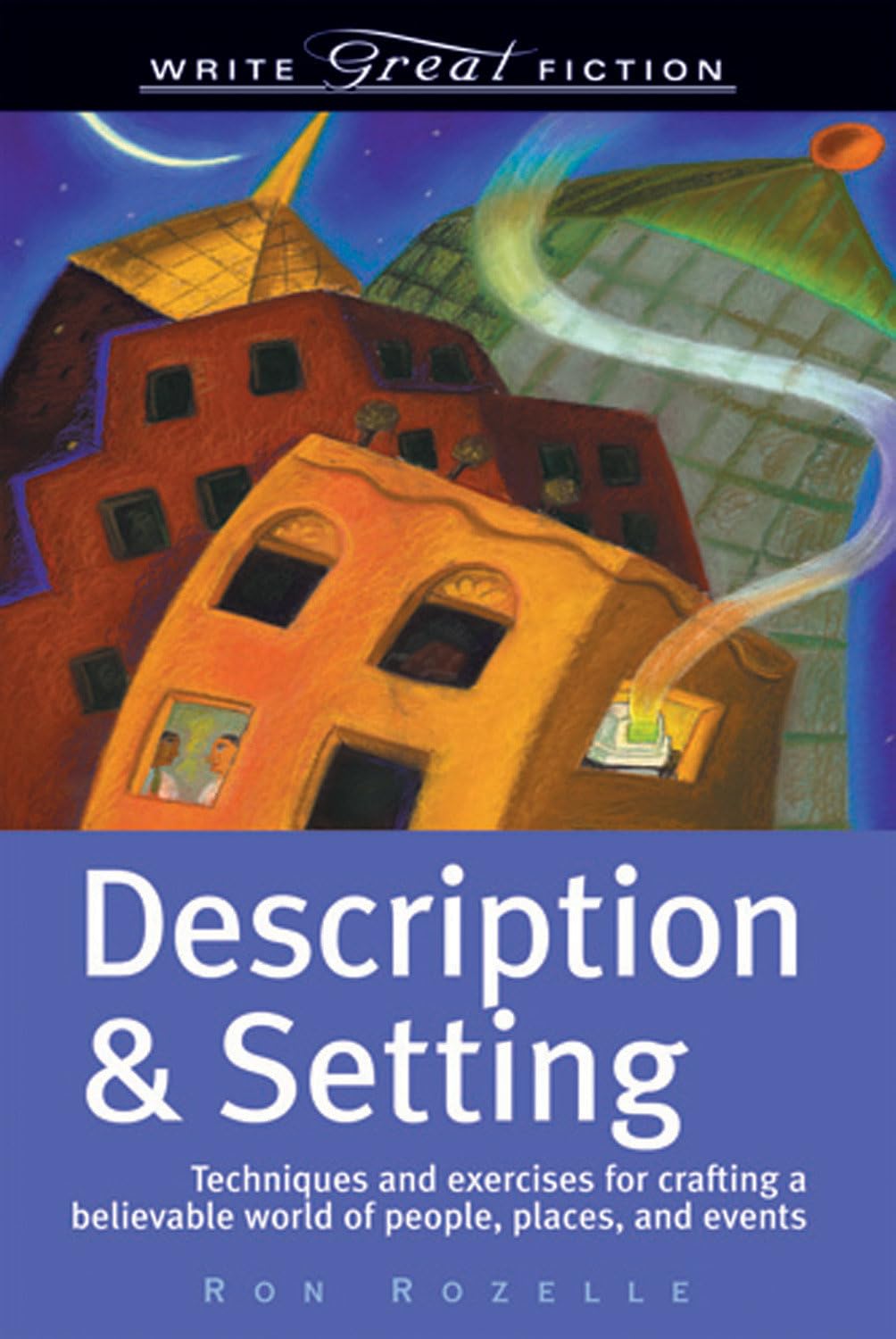Customer Services
Copyright © 2025 Desertcart Holdings Limited


Description and Setting: Techniques and Exercises for Crafting a Believable World of People, Places and Events (Write Great Fiction)
Trustpilot
1 month ago
1 week ago
3 weeks ago
1 week ago